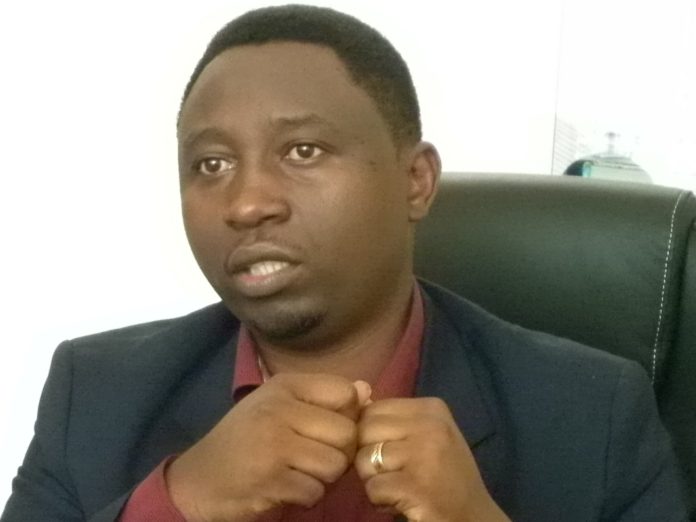In the lead-up to Rwanda’s significant electoral cycle, which for the first time will see both Parliamentary and Presidential elections conducted concurrently, political activities have started to gain momentum across the nation. With just three months remaining until the commencement of these critical electoral processes, various political parties and politicians have begun their preparatory work.
Dr. Frank Habineza, leader of the Democratic Green Party of Rwanda, has announced his intention to run for the presidency again, following an unsuccessful bid in 2017. His decision to contest for the highest office, despite previously serving six years as a Member of Parliament, signifies a strategic shift, as it precludes his eligibility for re-election as a Deputy.
In a detailed interview with IGIHE, a local newspaper with close ties to the current Rwandan government, Dr. Habineza shared insights into his party’s preparation for the upcoming elections. He outlined that the Democratic Green Party had initiated its election preparations as early as 2022, with a comprehensive strategy that included establishing youth and women’s branches across all districts, a move aimed at bolstering its organizational structure and candidate pool.
Despite the challenges faced by opposition parties in Rwanda, Dr. Habineza remains optimistic. He cites the party’s significant growth, from active presence in all 30 districts to amassing a membership base exceeding 300,000, as a testament to the Democratic Green Party’s expanding influence and potential impact on the electoral outcome.
Dr. Habineza also addressed criticisms regarding his previous electoral performances and strategic choices, emphasizing the value of political participation not merely for electoral victory but for the opportunity to advocate for meaningful change and contribute positively to national discourse. He highlighted how some of the party’s proposals, though not victorious at the polls, have been adopted or influenced government policy, reflecting a tangible impact on Rwandan society.
The interview also touched upon broader issues of political and press freedom in Rwanda, with Dr. Habineza acknowledging challenges while also pointing to spaces of engagement and dialogue that have emerged, such as the political parties’ forum. This platform, he argued, offers an opportunity for constructive exchange and policy influence, despite criticisms of its effectiveness in fostering genuine political diversity and opposition.






























































